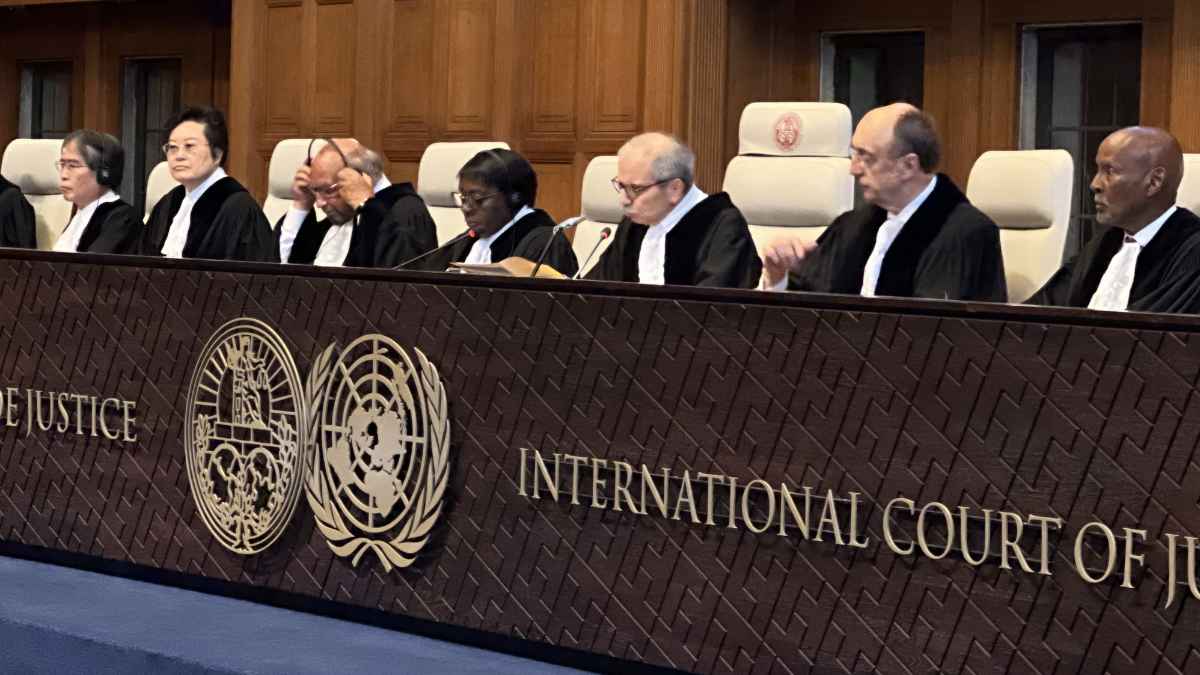Landmark Climate Case Begins At UN Court With Record Global Participation

The International Court of Justice (ICJ) has launched a historic hearing to establish legal obligations for countries to combat climate change and protect vulnerable nations from its devastating impacts. More than 100 countries and organizations—the largest number ever in an ICJ case—are presenting submissions over two weeks at the Peace Palace in The Hague.
The proceedings, spearheaded by Vanuatu and other Pacific island nations, aim to clarify international legal responsibilities for reducing greenhouse gas emissions and addressing climate-related harm to at-risk nations, particularly those threatened by rising sea levels and extreme weather.
Defining Legal Responsibilities
Key questions before the court include:
1. What obligations do nations have under international law to protect the Earth’s climate system?
2. What are the legal consequences for countries that, through actions or inaction, cause significant harm to the environment?
“This is a pivotal moment,” said Ralph Regenvanu, Vanuatu’s special envoy. “Our call for an advisory opinion sets out to clarify international legal obligations for climate action.”
While the ICJ’s opinion, expected in 2025, will be non-binding, legal experts believe it could provide a foundational framework for future climate litigation and policymaking at national and international levels.
Global Context and Challenges
The hearings follow the COP29 climate summit in Azerbaijan, where nations pledged €282.19 billion annually by 2035 to help developing countries transition to cleaner energy. However, the commitment faced criticism as insufficient, and the summit failed to secure a global agreement to phase out fossil fuels.
Meanwhile, emissions from burning coal, oil, and gas hit record highs in 2024, threatening the 2015 Paris Agreement’s target to limit global warming to 1.5°C above pre-industrial levels.
Hope and Skepticism
Advocates view the ICJ case as a step toward holding major polluters accountable, offering vulnerable nations a potential tool for seeking justice. However, some skeptics argue the non-binding nature of the court’s advisory opinion and the lengthy process may limit its immediate impact.
“This will not provide specific answers but could offer a legal blueprint for addressing climate harm,” said Joie Chowdhury, a senior lawyer with the Center for International Environmental Law.
As the ICJ proceedings unfold, nations and activists worldwide hope the court’s guidance will redefine global climate governance and bolster efforts to mitigate the escalating climate crisis.

